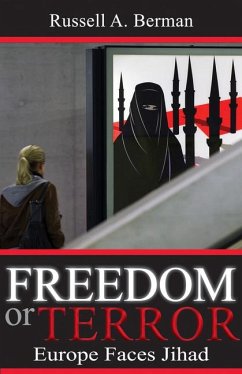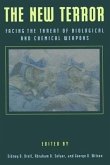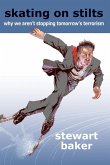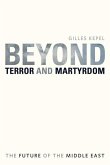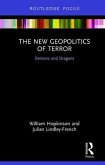In September 2001, Europeans might have felt comfortable in thinking that Al-Qaeda was only a scourge to the United States; some presumably indulged in the unkind speculation that the United States had only itself to blame. That innocence is now gone. Europeans have faced their own terror: the bombings in Madrid and London, the suitcase bomb in Germany and the Sauerland trial, the riots in France, the anti-Danish violence, and repeated threats against politicians and intellectuals who dared speak out. Europe, however, has discovered its homegrown problem and is working to find a response to terrorism. But the European response has been by no means monolithic, instead being complex, varying from country to country and across the political spectrum. In Freedom or Terror, Russell A. Berman looks at the varying European responses to Islamist terrorism. In individual chapters he examines the responses of England, France, Germany, Bosnia, and the smaller nations: Belgium, Holland, and Denmark. Each country addresses the issues in light of its particular institutions and national history. Yet, the author reveals, the erosion of established religious faith in the large secularist swaths of Europe, combined with the spread of a consumer culture, has weakened traditional value structures. The submersion of individual nations into the bureaucracy of the European Union, and the larger slide into globalization, has further weakened national cultures. The result is a postmodern culture of relativism, with few shared values and diminished symbols of national community, replaced by an ethos of multiculturalism and a reluctance to make "value judgments." The key question that remains: Can a Europe tied up by so many hesitations find the strength of will to face a determined enemy? The war against Islamism in Europe is a war for free societies everywhere. Some Europeans are waging that war with dedication and seriousness. It is important that they win that war, despite the resistance they may face from other Europeans, distracted by other ideological commitments. The United States should support Europeans in their confrontation with violent Islamism, learn both from their errors and their accomplishments, and recognize their battle as our own.
Hinweis: Dieser Artikel kann nur an eine deutsche Lieferadresse ausgeliefert werden.
Hinweis: Dieser Artikel kann nur an eine deutsche Lieferadresse ausgeliefert werden.

